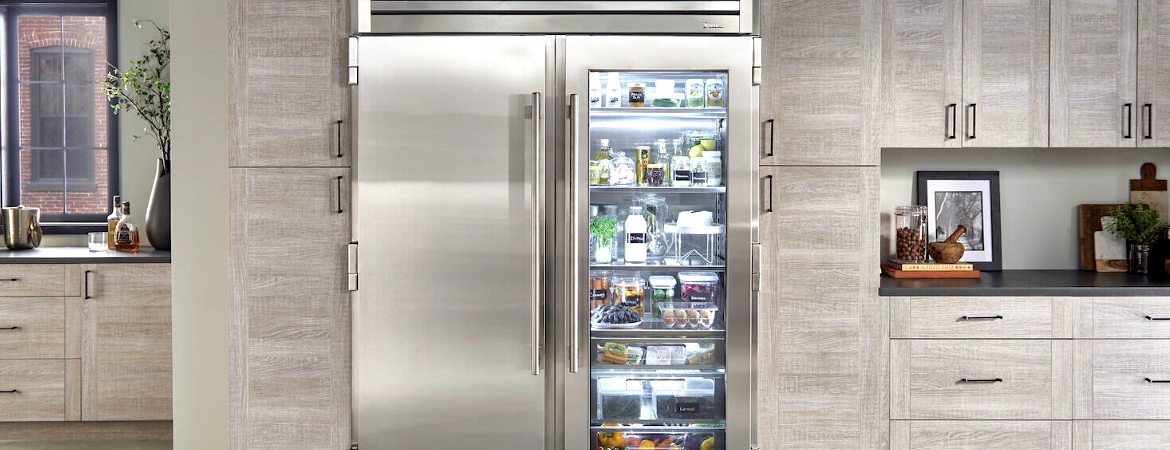Commercial True Refrigerator No cooling

A Commercial True refrigerator not cooling can be a significant issue for businesses relying on it to preserve food and beverages. When faced with this problem, there are steps you can take to troubleshoot before resorting to professional assistance.
One common cause of a Commercial True refrigerator not cooling is dirty condenser coils. These coils, usually located at the back or bottom of the refrigerator, release heat. If they become dirty, airflow can be restricted, hindering proper cooling.
Another potential culprit is a faulty compressor, which serves as the heart of the refrigerator’s cooling system. If the compressor malfunctions, the refrigerator will fail to cool effectively.
Defrost system issues can also lead to cooling problems. This system is responsible for melting ice buildup on the evaporator coils. If it malfunctions, ice can accumulate and obstruct airflow, impeding cooling.
Refrigerant leaks are another possibility. A leak can result in the refrigerator losing its cooling capacity over time.
Additionally, thermostat malfunction can disrupt the temperature control inside the refrigerator, affecting its cooling performance.
To address a Commercial True refrigerator not cooling, consider these DIY solutions:
- Clean the condenser coils: Use a brush or vacuum cleaner to remove dust and dirt from the coils.
- Check the compressor: Ensure the compressor is running and troubleshoot any issues with the power supply or overload protector.
- Inspect the defrost system: If malfunctioning, components like the defrost timer, heater, or thermostat may need replacement.
- Look for refrigerant leaks: If suspected, contact a qualified technician to repair leaks.
- Test the thermostat: If malfunctioning, consider replacing the thermostat.
To prevent future cooling problems, follow these tips:
- Regularly clean condenser coils: Aim for cleaning every three months to maintain optimal airflow.
- Keep the refrigerator door closed: Prevent warm air from entering by minimizing door openings.
- Avoid overloading: Ensure proper airflow by not overloading the refrigerator.
- Schedule regular servicing: Arrange for professional maintenance at least once a year to keep the refrigerator in top condition.